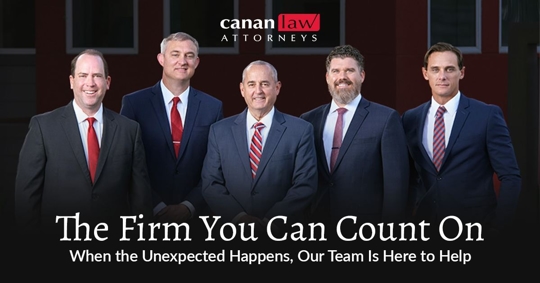The first ten Amendments to the U.S. Constitution are called the Bill of Rights. The Bill of Rights, along with the Fourteenth Amendment, protects your basic liberties and rights in the criminal justice system. In this post, our Jacksonville criminal defense lawyers will review your fundamental constitutional rights, so that you can better protect yourself in your encounters with law enforcement.
Fourth Amendment -Search and Seizure
The Fourth Amendment to the Constitution prohibits unreasonable searches and seizures, and requires that no search may be conducted without a warrant. The warrant must describe the place to be searched and the items to be seized with particularity. For example, if the police have a warrant to search a person’s shed, they cannot enter the house. Also, the warrant, in most instances, will not give the police authority to search the entire house. For example, if the police are looking for a desktop computer, they cannot open the mail sitting on the kitchen counter since the computer could not possibly be in an envelope. Over the years, however, the Supreme Court has allowed numerous exceptions to the warrant requirement. Thus, police officers have broad powers to search motor vehicles. Also, homes can be searched and entered in emergency situations or when evidence of a crime is in plain sight.
Fifth Amendment- Self-Incrimination; Due Process; Double Jeopardy
The Fifth Amendment requires a grand jury to return a bill of indictment in all federal felony cases before a person can be tried for a crime. The grand jury’s job is to determine if the prosecution’s case is reasonable and there is enough evidence (probable cause) to turn the matter over for trial.
The Fifth Amendment also prohibits self-incrimination. In other words, it protects your right to remain silent, such that the government cannot force you to offer evidence against yourself.
The right to due process is also in the Fifth Amendment. Due process is a complicated legal term, but it may be your most important right. At a minimum, it means the state must follow the rules. Regardless of an individual’s personal circumstances, the Fifth Amendment requires the law enforcement and the prosecution to follow all the rules and the law before a person can be arrested, prosecuted, or jailed.
The ban on double jeopardy is also contained in the Fifth Amendment. This provision protects you from being tried for the same crime twice.
Sixth Amendment – Fair Trial; Right to Confront Witnesses; Right to an Attorney
The Sixth Amendment protects your rights at trial. Among other rights, the Sixth Amendment sets forth your right to an attorney, and it protects your right to a trial by an impartial jury.
The Sixth Amendment also protects your rights to challenge the state’s evidence (essentially, the right to cross-examination) and to present evidence in your defense.
Eighth Amendment -Bail; Cruel or Unusual Punishment
The Eighth Amendment prohibits excessive bail, as well as cruel and unusual punishment. Determining what constitutes excessive bail can be difficult. Bail has two primary purposes – to ensure that the defendant will appear for his trial date and to protect the community from dangerous individuals. A high bail is unconstitutional when it is used to keep a defendant in jail as a means of punishment, rather than as a means of serving these two legitimate purposes. What constitutes cruel and unusual punishment is equally vague and court rulings on this issue span a broad spectrum, from prison conditions to the death penalty.
Fourteenth Amendment – Equal Protection of the Law; Due Process
Prior to the Fourteenth Amendment, the Bill of Rights only applied to the federal government. The Fourteenth Amendment prohibits the states from making arbitrary distinctions between citizens of the state. All people are entitled to the equal protection and due process of the law. The Fourteenth Amendment also incorporates the rights contained in the Bill of Rights and makes them binding on the states. Consequently, no state can deprive a person of a fair trial, subject people to unreasonable searches, set unreasonable bail, or deprive a person of the right to an attorney.
Contact a Jacksonville Criminal Defense Lawyer
If you believe your constitutional rights have been violated, call us today, at (904) 849-2266, or send us an email using the contact form on this page. Schedule a confidential consultation with our experienced Jacksonville criminal defense lawyers, so that we can assess your situation and advise you of your legal rights and options.



